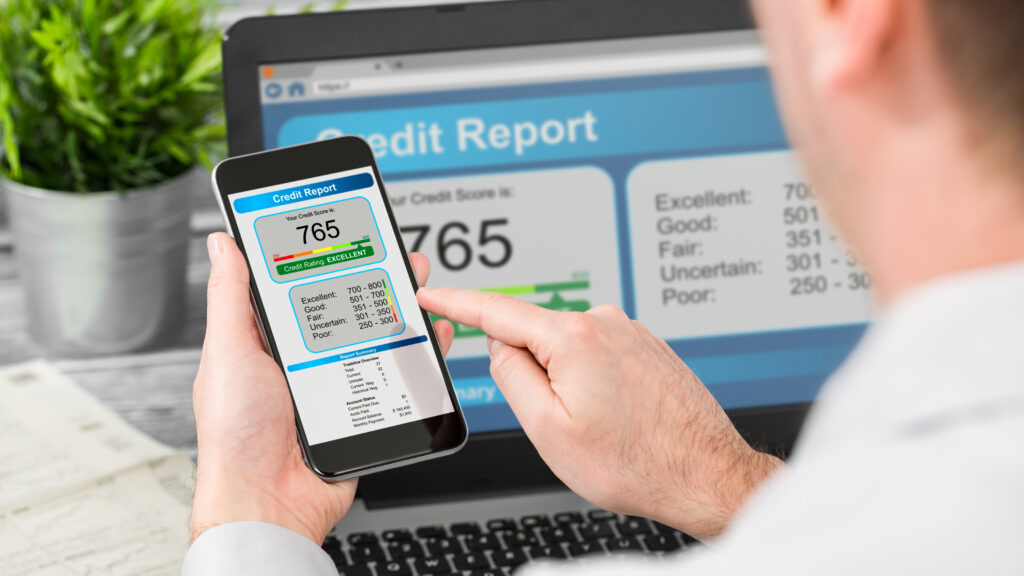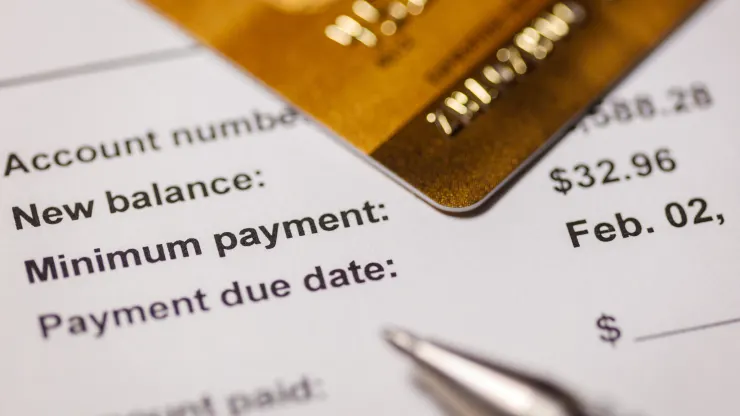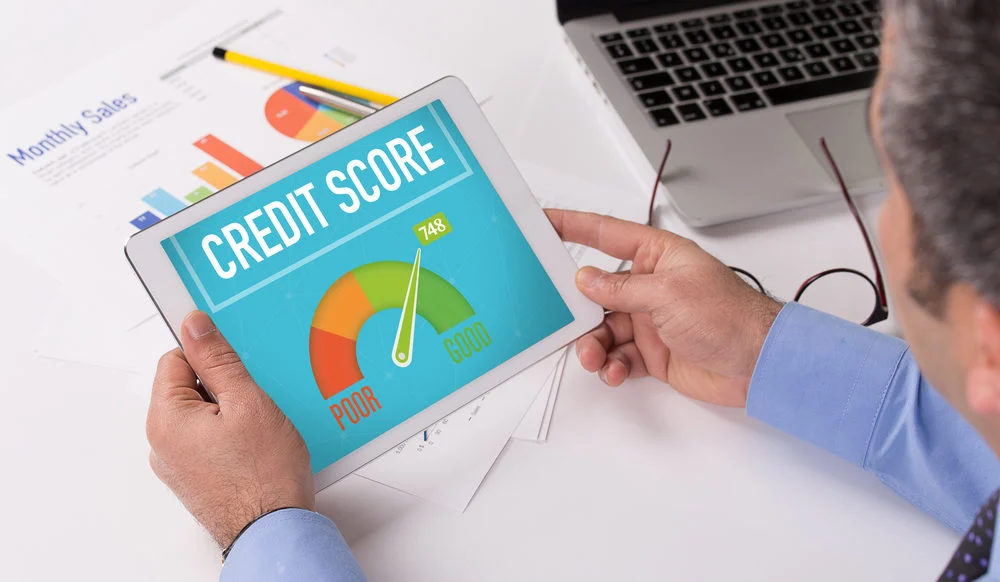Fixing your credit score is of utmost importance. You should not ignore a bad score, since it refrains you from being able to take a loan. A low score is a sign that you cannot handle your debts well, and so financial institutions will doubt your capability of repaying a loan. Moreover, a good one will help attract low interest on auto loans, mortgages, credit card interest, etc.
Though you may think that it cannot be improved no matter how hard you try, it is not true. Moreover, you are wrong if you think that you don’t need a loan right now, and hence it doesn’t matter whether or not you have a good score. The process of improving it is tedious and it may take weeks. Hence, get started by paying attention to it today, to obtain the benefits in the long run.
At the same time, you should know that people often commit a few mistakes in the process of making it better. Though, if you have done a few mistakes in the past that have impacted it, opt for credit score repair services. Having said that, you should be vigilant about the steps you take to boost your score.
With no further ado, let us dive straight into a few basic mistakes that should be avoided when trying to improve it.
1. Irregular Bill Payments

When you have bills to pay, don’t wait for the last dates or else there are high chances that you may miss the deadlines. The history of payments of a user has a major impact on the score, and if you miss a single payment, get ready to face a major impact. Did you know?
Late payments on credit card bills and loan EMIs are not reported before the 30-day mark. Having said that, if you are five days late, your score will be the same. Though it may result in penalties and fees, it will not be impacted.
Hence, even if you are late, make it a point to make payments before it crosses 30 days from the due date. Furthermore, if you miss out on a payment even after 30 days, the impact will be there for seven years. Make sure that all your bills are duly paid on time to avoid such mishaps.
2. Applying For More Than One Credit Card

Each time when you apply for credit, the lender carries out an intense enquiry about the status of your credit report. This way they just become sure about whether your application is worth improving or not. When carrying out a background check, they find out your credit score.
You should know that applying for multiple loans or credit cards is not the same. It means that if you are applying for numerous credit cards in a short period, every inquiry will be counted against you.
Having said that, if multiple enquiries are carried out against you, then the lenders may suspect you as a riskier borrower. Thus, they may be hesitant in approving your credit card application. To avoid significant damage to your credit score, research the different credit cards available and then make a definite choice.
3. Not Keeping a Check On Your Credit

From time to time, you should make it a point to check your credit score to know that it is adequate. This way, you will not be just sure about the progress of your score, but will also identify all potential issues, if any. You can check the score at any point in time, just when you feel like it. You can either reach out to your bank or can access several online platforms available for the same.
Several sources keep updating information about your credit history and hence have your score updated in their system. You can also work with a credit counsellor to keep the score on point and make sure there are no significant damages. This way you will be able to address all problems before they do some damage.
4. The Mistake Of Minimum Credit Card Payments

You should not make the mistake of making minimum payments on the amount due from your credit card bills. This is because, in the long run, it will cost you more than what you should pay. Make sure to clear all your debts at once. That said, if you make part payments, you will have to remember the dates in mind, and if you miss any, chances are that you will impact your credit score. Hence, we recommend clearing the debts every month.
Making minimum payments may add up to your credit card balance and it will also increase the balance. This further adds up to the credit utilization ratio, and the utilization ratio should not be more than 30%. A high utilization score brings the score down. Hence, pay all your due balances to maintain a good utilization score. This will only be helpful for you.
5. Applying for Credit Unnecessarily

Many people have a habit of taking up loans to satisfy their unnecessary wants. All such habits unknowingly impact the score negatively, and when you will not be able to apply for a loan when you will genuinely need it. For instance, applying for a student loan and using it for other purposes, getting a personal loan approved for a vacation, etc. Such acts will only hurt the score, since paying the amount back can be tough at times.
Taking up loans unnecessarily will only make you owe more money, and you will have to clear all of them together. We recommend only applying for a loan when you have an urgent requirement.
The Bottom Line
Building up your credit score is not a one day process. It will take you years to bring your score to an adequate level, so you should also maintain it. Make sure that you don’t unnecessarily strain it, and impact your credit score. Building a good credit history has numerous benefits, such as cheap finances, low insurance rates for homeowners, etc. You can read related article on A Comprehensive Guide to Credit Scores.

